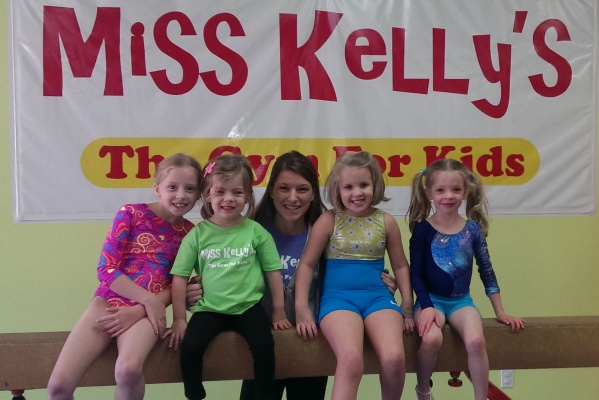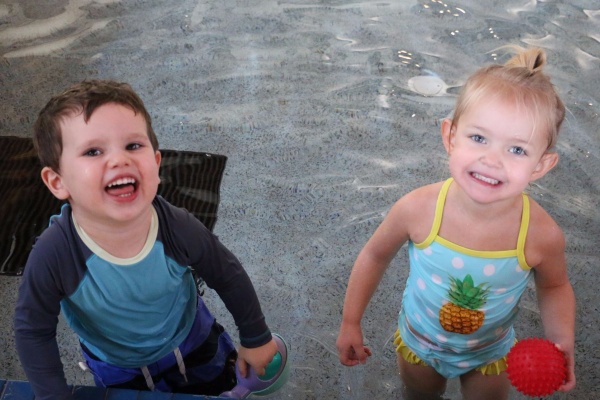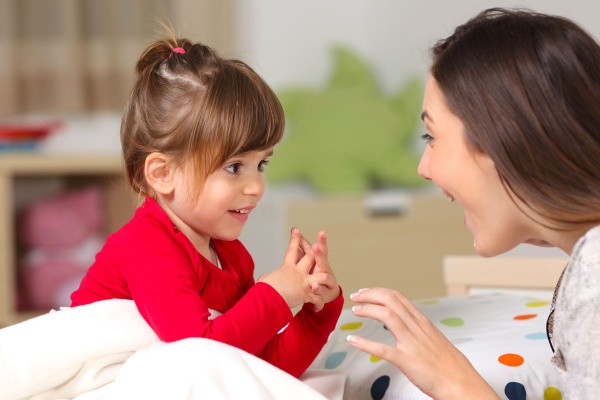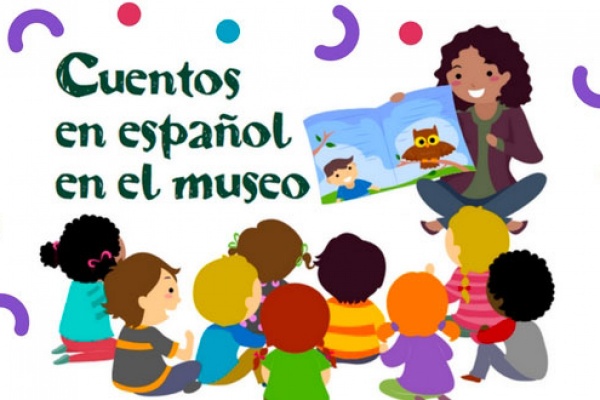

How Are You Holding Up? Here's What Experts Say About Coping With Anxiety, Stress and Uncertainty
This week, I had to put my two girls on the bus for the first day of school. Normally, I would give them my weepy “you’re growing up so fast” good-bye hugs before skipping back home to celebrate in a child-free house complete with day drinking, a raid of their snack drawer and reruns of the Real Housewives of New York.
This first day, however, the tears were those of sheer terror—tears I was able to hold in until I was safely back in the privacy of my home. Instead of a glass of pinot, I threw back a Klonopin, and rather than savor the overdramatic antics of Ramona and Sonja, I had a telehealth call with my therapist.
For parents, the past few weeks have set our anxiety into overdrive. Whether your child’s school is in-person, all remote, or, like our school district, an optional hybrid of both, some of us have felt that whatever decision we make for our kids’ education in response to COVID-19 is the wrong one. So, if you’re having your first panic attack—welcome! Let me make room under my weighted blanket for you.
The problem is our anxiety is as contagious as the virus we’re trying to avoid in the first place. I noticed it when my daughter overheard me panicking about her IEP with her dad and began worrying how she would get reading help when she’s only at school two days a week. And also when my normally mellow teenager suddenly freaked out she wouldn’t have her school ID on the first day—something she wouldn’t have blinked at in the past.
According to experts, the best thing we can do right now is to put coping mechanisms into place to not only curb our children’s anxiety during this uncertain time, but also to hit the brakes on our own to stop the ripple effect.
Finding stability when your world is upside-down
Even if they don’t admit it, kids thrive when there’s structure in the home and at school—the smallest of hiccups in their schedule can send a child careening into a meltdown. As parents, we can find ways to give them some sort of control in the unknown, especially when they’re isolated during the school day.
Dr. Delene Musielak, an Internal Medicine Provider and Pediatrician with St. Luke’s Medical Group and Creve Coeur Family Medicine, explained that keeping a regular routine is essential, no matter where your child’s classroom may be.
“Even though these are unprecedented times and far from normal, keeping your child’s days similar will help, especially if kids will be doing online learning,” she said. “If they have lunch and ‘recess’ at the same time as usual, it will help them get back into their ‘school year mindset.’ In addition, this is especially helpful for kids with ADD/ADHD.”
Other suggestions she recommended are giving kids “me time” when they can do something that relaxes them, helping them get at least 60 minutes of physical activity a day, and ensuring they get a good night’s sleep.
For children missing their favorite extracurricular activities, creating a semblance of “normal” is just as critical to their overall mental health. Remarked Dr. Shanon Harlow, a Licensed Clinical Psychologist with Understanding Minds Psychological Services, “Finding creative ways to connect and try out new hobbies and interests during this stressful time is important. Children are creative, and exploring solutions with them can leave them feeling empowered to pursue and find other things they enjoy. Validating their experience while also framing this situation as an opportunity will help them feel more optimistic about being able to find things they enjoy doing.”
Coping mechanisms for your child’s anxiety
All you have to do is log on to a computer or turn on the TV, and you’re inundated with the latest stats on COVID-19 infections. Within the first week of school, one Georgia school district was forced to quarantine more than 900 teachers and students (granted, the lack of masks and social distancing was apparent to anyone).
For in-school students like mine, the worry they could get infected or infect someone else can hijack their thoughts, no matter how many precautions we as parents and teachers help them take. Listening to their concerns and finding solutions is essential to getting them to feel more confident in their efforts to fend off the virus.
“When children are vulnerable and share their anxieties, it’s important to first validate and normalize their feelings,” Dr. Harlow said. “Telling children they shouldn’t worry about something doesn’t make that worry go away. Instead, we want to help them develop skills to manage worries so they can feel empowered to cope with future worries. Involving them in a) identifying what types of things they can do to alleviate any physical symptoms of worries they are experiencing, and then moving on to b) problem-solving ways to handle the worries leaves children with a process they can use going forward.”
Dr. Musielak suggested modeling good practices yourself to show how your kids can protect themselves and others—such as wearing a mask, handwashing regularly and social distancing—as well as limiting the amount of news coverage they are exposed to. If they do watch the news, watch it together to erase any misinterpretation and create a starting point for a one-on-one discussion.
She also added, “Refocus their thought process and attention. Help them realize there are other things going on in the world, not only COVID-19. There are still good and positive things happening!”
If you do notice an increase in your child’s anxiety, depression or insomnia, it’s important to reach out to a medical professional. Some age-related red flags according to Dr. Musielak include:
- Temper tantrums or complaints of adnominal pain in younger children.
- Mood changes such as irritability, drug or alcohol use, a decline in school performance, a lack of motivation, or poor concentration and inattentiveness in older children.
- Self-isolation, especially among middle school children.
Making life easier on yourself
I’ll be honest—the past few weeks sent me into a downward spiral I wasn’t sure I’d be able to escape from. Consumed by social media, hearing COVID horror stories from the doctors in my family, and worrying my child would have limited access to the reading, speech teachers and social workers she needed at school, left me sobbing in my car. And at my desk. And in the bathroom.
Knowing my children could sense my anxiety, even when I tried to hide it from them, I realized I had to make some changes. Little things, like talking long walks, reading books instead of Twitter and eliminating alcohol, have helped, but I’m still struggling to climb out of my hole—but at least my kids can see I’m trying.
Explained Dr. Harlow, “When faced with challenges, it’s helpful for children to see caregivers acknowledging and validating feelings, engaging in problem-solving in order to get to a resolution, and then highlighting the positives/making the best of the circumstances in less than ideal situations. Showing children that even though they may not feel good about a situation or something that happens to them, they can take healthy steps to address and manage it.”
Most important for every parent to remember is that we’re all in this unexpected, uncontrollable, unyielding mess together (cue the “High School Musical” closing scene). None of us know what the hell we’re doing—especially those of us who made the choice of how our kids would be going to school as opposed to our district telling us.
When it comes down to it, said Dr. Musielak, “I would like to reassure parents that there is no one right answer. You’re a good parent no matter what option you choose in regards to your child’s learning. Every family’s situation is different. Each family has to weigh their own resources and choose what works best for them. Keep your children involved in the decision making—don’t forget, these changes also affect them.”
If you or your child is struggling, both Dr. Musielak and Dr. Harlow are accepting new patients. Dr. Musielak, available by calling 314-523-2590, is dual-boarded in internal medicine and pediatrics, so she can see both kids and adults. You can also find more health tips from her at drdelenemusielak.com. To schedule an appointment with a mental health counselor, contact Dr. Harlow’s office at 314-729-1200.

Metro East mom Nicole Plegge has written for STL Parent for more than 12 years. Besides working as a freelance writer & public relations specialist, and raising two daughters and a husband, Nicole's greatest achievements are finding her misplaced car keys each day and managing to leave the house in a stain-free shirt. Her biggest regret is never being accepted to the Eastland School for Girls. Follow Nicole on Twitter @STLWriterinIL





















